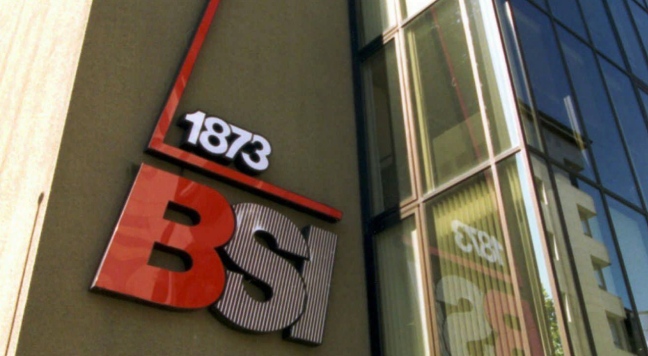
Crypto-friendly banks flourish
Although such bankers may still be a minority, Zurich-based SEBA Bank AG opened its doors in November 2019 with a universal banking license and a suite of services ranging from fiat storage to crypto custody, an encrypted debit card that automatically converts to fiat on the backend for normal shopping and crypto-trading through the bank's mobile app.
SEBA CEO Guido Bühler said the bank raised 100 million Swiss francs (approximately $ 103,4 million) from support investors including Guy Schwarzenbach, founder of Black River Asset Management.
Schwarzenbach said that trading on the SEBA app, enabled by back-end API integrations with global exchanges, offered "extremely competitive" prices compared to over-the-counter trade. "What I'm really excited about for SEBA ... is the imminent addition of a margin and loan business, including options and derivatives," said Schwarzenbach.
The SEBA was not the first Swiss bank to integrate bitcoins - here the quotation in real time. The private bank Falcon Group, for example, launched bitcoin management services in 2017. Matthew Blake, the leader of the monetary systems of the World Economic Forum, described crYpto-friendly and regulated banks as an emerging trend.
Similarly, Swiss crypto-bank Bitcoin Suisse has applied for a universal banking license with the aim of offering everything from staking to loans. “We are not applying for a banking license just to be like every other bank. We are pioneers at heart, ”said Niklas Nikolajsen, founder and president of Bitcoin Suisse.
Cryptocurrency bank
In addition to its commitment to the crypto sector, SEBA offers a unique ability to hold a variety of many legal currencies, including US dollars, Hong Kong dollars and Singapore dollars, and then instantly exchange cryptocurrencies such as bitcoin, ether and Stellar lumens. "You can open an account on the phone in 15 minutes as an accredited investor, without having to go to Switzerland," said Bühler.
For Schwarzenbach, who described himself as a libertarian who runs his own Lightning Network node built with a Raspberry Pi, the bitcoin banking makes sense for the benefits it offers to physical security.
In other words, banks cover the risk that someone could harm them to get their bitcoins. Bühler said the young bank already serves high-net-worth individuals and institutional investors from all over the world, excluding the United States, as well as some blockchain startups.
Schwarzenbach added that MakerDAO-inspired open source decentralized finance (DeFi) platforms could ultimately offer a financial infrastructure comparable to both the general population and the proverbial 1%. "My hope is that we will be able to develop and adopt this infrastructure [DeFi]," said Schwarzenbach. "And it is my expectation that the standards will arise as the market matures."
